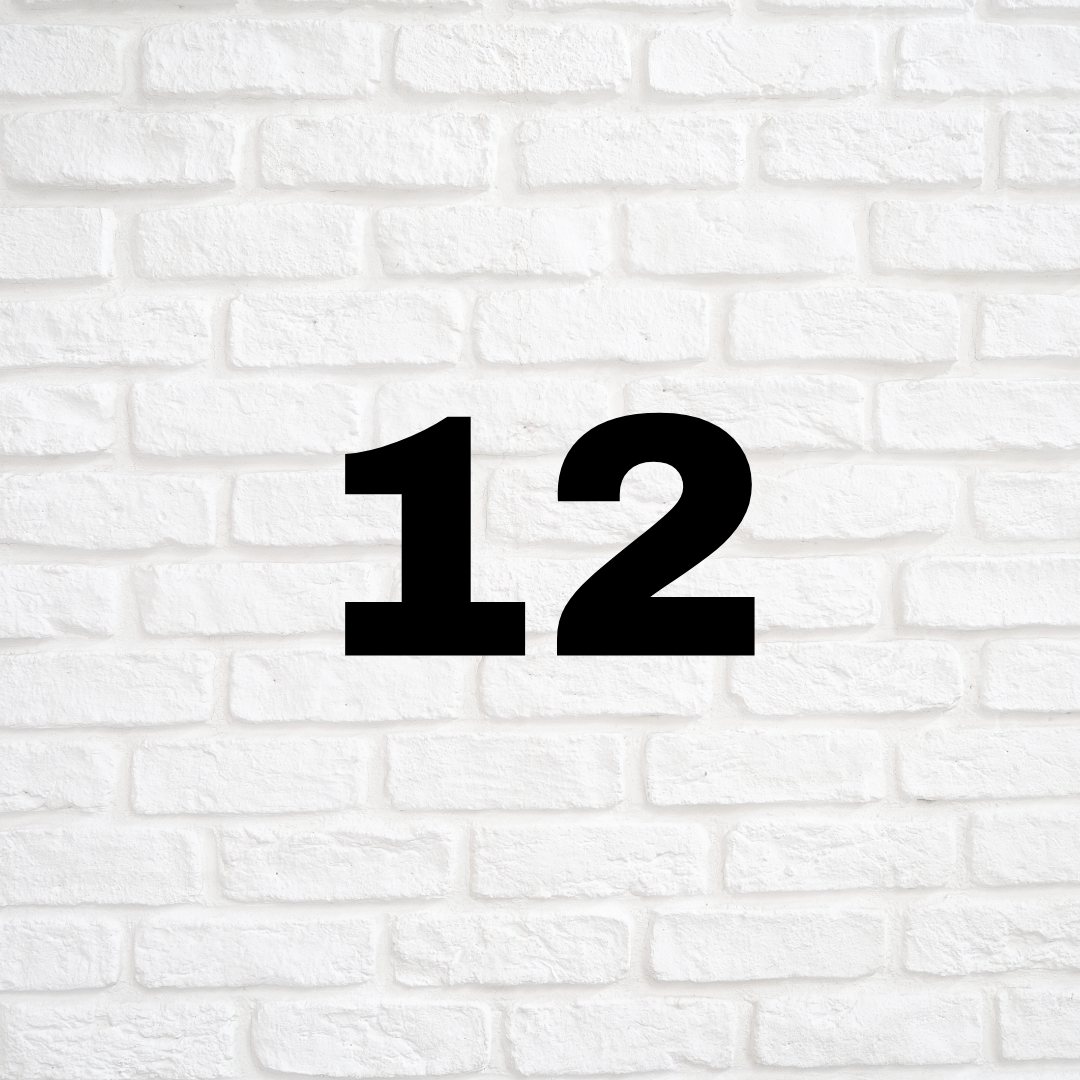
Join me in building a communicative culture where we’re connected, empowered, and informed.
Hi. I’m Jessica Buchleitner.
* I am a Communication scientist examining persuasive messages and narrative structures through strategy advising and my series Narrative Dive.
*I am a journalist covering emerging technology’s impact on society, unsung heroes, gender, and power structures through my books and articles.
*I am a diplomat activating civil society engagement in high-level policy to evolve democracy through my roles and policy papers.
-

Years serving in United Nations NGO appointments.
-

Speaking engagements, panels, presentations on media, human rights, and communication.
-

longform articles covering emerging tech, unsung heroes, women's human rights, and others.
-

experience in consulting for private sector communications around M&A, dissolutions, crises, policy, change, and thought leadership.
-

founding member & founder of civil society coalitions partnering with policymakers on two continents.
-

award-winning books authored/compiled, 1 book edited, 1 book contributed
The problems we face in business, personal relationships,
self-dialogue, and our beliefs stem from our communication. Unfortunately our ability to effectively communicate is increasingly challenged.
Problem 1: We are in an age of misinformation and disjointed communication.
With the exponential growth of social media platforms and the ease of spreading information online, discerning truth from falsehood has become increasingly challenging. Misinformation spreads like wildfire, fueled by algorithms that prioritize engagement over accuracy. Echo chambers and filter bubbles engulf our interactions to where we are often exposed only to information that aligns with our existing beliefs, leading to polarization and a lack of understanding or communication across different viewpoints. Dialogue is more elusive than ever, and trust in traditional sources of information waning. Our critical thinking, media literacy, and commitment to seeking diverse perspectives are more crucial than ever to navigate through the noise and foster genuine communication.
Problem 2: Our ability to communicate is declining.
Research suggests that our communication ability is declining in the digital age. According to a study conducted by the University of California, Los Angeles, researchers found that the increasing use of digital communication platforms, such as social media and texting, is associated with decreased face-to-face interactions and empathy levels among individuals. Additionally, a report published in the Journal of Applied Developmental Psychology indicates that excessive screen time and reliance on digital communication can hinder the development of crucial communication skills, such as active listening and nonverbal cue interpretation, particularly in children and adolescents.
Another survey conducted by the Pew Research Center reveals that a significant portion of adults feel that technology has negatively impacted their ability to have meaningful conversations, with many citing distractions and the superficial nature of online interactions as contributing factors. These findings underscore the importance of addressing the challenges posed by digital communication and prioritizing efforts to foster genuine human connection using existing tools.
-

Trust in news media has been declining globally. According to the Edelman Trust Barometer 2021, trust in traditional media declined to 53% globally, and only 46% of respondents trusted social media as a news source.
Source: Edelman Trust Barometer 2021
-

Bad actors, including foreign governments and malicious individuals, exploit social media platforms to spread misinformation and manipulate public sentiment. The Oxford Internet Institute found evidence of organized social media manipulation campaigns in 81 countries.
Source: Oxford Internet Institute
-

Poor communication hinders conflict resolution in personal relationships, leading to unresolved issues and resentment. According to research by The Gottman Institute, ineffective communication patterns, such as criticism, defensiveness, contempt, and stonewalling, are predictors of relationship dissatisfaction and divorce, with couples displaying these behaviors being 94% more likely to divorce within six years.
Source: Psych Central
-

Misinformation spreads rapidly on social media platforms, with false news stories being shared at a higher rate than true ones. Research published in the journal Science found that false news stories are 70% more likely to be retweeted than true stories.
Source: Science
-

Centres of Government have dedicated structures or individuals working on counter-disinform action as they navigate evolving information ecosystems.
-

Poor communication can lead to misunderstandings and confusion among team members. Research by the Project Management Institute (PMI) found that 56% of project failures are attributed to communication breakdowns.
Source: Project Management Institute
Solution: Active efforts to evolve our communication.
Evolved communication comes from a solid media diet, current digital and social tools to spread knowledge and expertise, and mindful interactions with each other. My mission is to help you improve how you communicate.
How do we form our narratives?
Narrative Dive Series
Narrative Dive delivers thoughtful analyses of the stories dominating our world, uncovering the constitutions of our cultural programming to help you create a healthy info diet via a podcast, newsletter, and social channels.
Let’s build a world of better communicators.
